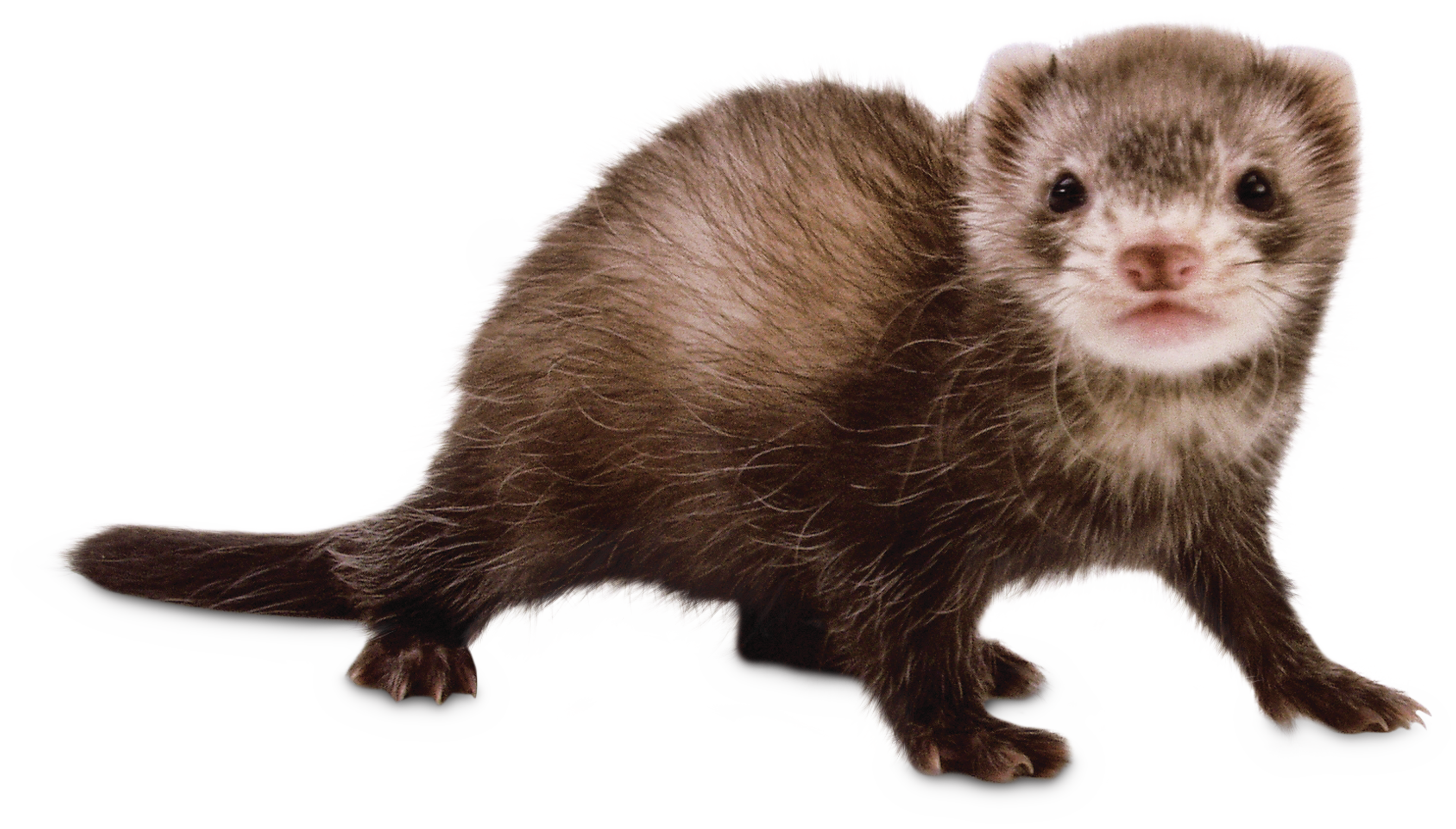Small Animal Hay & Grass
Get It Today
+ More Choices Available
Kaytee Natural Timothy Hay for Rabbits & Small Animals
(1444)
$5.99 – $17.95
Same Day Delivery Eligible
Kaytee All Natural Timothy Wafer-Cut Hay for Rabbits & Small Animals
(516)
$13.95 was $17.99
Same Day Delivery EligibleKaytee Timothy Hay Plus With Marigolds For Rabbits & Small Animals
(97)
$8.95 was $9.99
Same Day Delivery Eligible
Kaytee Natural Timothy Blend Cubes for Rabbits & Small Animals
(205)
$5.99 was $12.99
Same Day Delivery Eligible+ More Choices Available
Kaytee Timothy Hay Plus With Carrots For Rabbits & Small Animals
(148)
$8.99 – $17.99
Same Day Delivery EligibleKaytee Timothy Hay Plus Mint For Rabbits & Small Animals
(68)
$8.95 was $9.99
Same Day Delivery EligibleKaytee Timothy Hay Plus Treat Boxes For Small Animals, Carrot, Mint and Marigold
(47)
$8.24 was $12.09
Same Day Delivery EligibleAmerican Pet Feedtastic Timothy Hay with Prebiotic Booster Dry Food
(26)
$8.49
Same Day Delivery Eligible
A&E Cage Company Nibbles 4pc Heart Hay Chew Bites for Small Animals
(1)
$2.50 was $4.99
Same Day Delivery Eligible
Small Animal Hay Grass
Small animals can often benefit from a daily diet of grass hay in a variety of ways. It helps to encourage their natural foraging behaviors and provides them with quality mental stimulation. It also satisfies their innate need to chew on something while wearing down their teeth so they don’t become overgrown, painful and problematic. Like guinea pigs and rabbits, some small animals may require a hefty diet of grass hay daily to ensure that they get enough fiber.
Frequently Asked Questions About Small Animal Hay and Grass
Guinea pigs, chinchillas and rabbits must have timothy hay—which is high in fiber—as a large part of their diet to help support digestive health and help wear down their teeth.
There is a variety of hay and grass available for your small pet's needs—including alfalfa hay, botanical hay, orchard grass and hay blends—each with a unique taste and texture. Alfalfa is sweet and soft, and ideal for growing, pregnant and nursing pets since it is rich in calcium and protein. Botanical hay has an enticing sweet and herbal flavor and aroma since it is composed of chamomile, lemon, lavender and clover for a balanced texture. Orchard grass is soft and sweet for pets who prefer a softer hay variety. Hay blends are an enriching blend of hays that blend taste and textures.
Hay encourages natural foraging behaviors and is a digestive aid. Munching on hay will help satisfy your pet's natural need to chew and aid in wearing down teeth so they do not overgrow.
Consider the species and nutrients the hay provides. Try different mixes to see what hay provides the taste and texture that your pet prefers. Keep in mind that Alfalfa Hay—that is high in protein—should only be given to young animals, pregnant females and those that are nursing.
Small Animal Hay & Grass
Crunchy Small Animal Hay
Rabbit Food & Hay
Small Animal Food
Rabbit Hay Feeders
Small Animal Bedding
Best Hay For Guinea Pigs
Alfalfa Hay
Small Animal Feeding Supplies
Rabbit Food Supplies
Small Animal Food & Supplies
Guinea Pig Food & Hay
Timothy Hay Rabbit Pellets
Chinchilla Food & Hay
Small Animal Food & Treats
Small Animal Chew Toys
Timothy Hay For Guinea Pigs
Small Animal Litter
Animal Bedding Straw
Small Animal Treats & Chews
Kaytee Small Animal Hay & Grass
Oxbow Small Animal Hay & Grass
Standlee Small Animal Hay & Grass
Carefresh Small Animal Hay & Bedding
Oxbow Rabbit Food & Hay
Bunny Nature Rabbit Food & Hay
Bunny Nature Small Animal Food
Versele-Laga Rabbit Food & Hay
Sun Seed Rabbit Food & Hay
Supreme Science Selective Rabbit Food & Hay
Higgins Rabbit Food & Hay
Vitakraft Rabbit Food & Hay
Kaytee Rabbit Food & Hay
Brown's Rabbit Food & Hay
Oxbow Small Animal Food
Oxbow Guinea Pig Food & Hay
Oxbow Chinchilla Food & Hay
Brown's Guinea Pig Food & Hay
Standlee Small Animal Food & Treats
Sun Seed Chinchilla Food & Hay
Is Pasture hay good? If so what’s good about it?
My adult rabbit will not eat hay. Is there an alternative? Any help would be appreciated.
I just read an article about sulcata tortoise care hoping to gain more information about what the best things to feed them are and saw that one of them is grass hay. Would that be the type of hay you normally feed guinea pigs?
About what percentage of a hamsters diet should be fresh hay?
Can a bunny eat the same type of hay all the time or does it need to be change every once in a while
What hay is best for a guinea pig, and what amount of veggies should I feed per guinea pig? Thanks!
What is the best bedding for my rabbit
When I first got my rabbit, I fed it unlimited pellets, but then I realised that they need unlimited hay. They are immune to pellets and don't eat hay even if I remove pellets from their diets
My dwarf rabbit has developed "wet poops" recently rather than the usual Dry hard "berries", diet is green hay, spring mix lettuce dark colored, small Amounts of apple and blueberry (1 or 2 oz./ day) and small spoon rolled oats as treats; also a handful of hay pellets in 2 lots daily; 3 years old, rabbit has been Very healthy thus far; would you recommend diet adjustments; what share should be just hay?
Can I give Sebastian fresh grass? Or will it harm him?
Can i feed the hay to my guinea pigs that every farmers in my area feed to their cows(i dont know which hay it is). Can i feed that regularly.
Hello, my bunny Snow is not eating the hay we give her only when she is very hungry I think. But when i feed her lettuce it is the only thing she wants.


